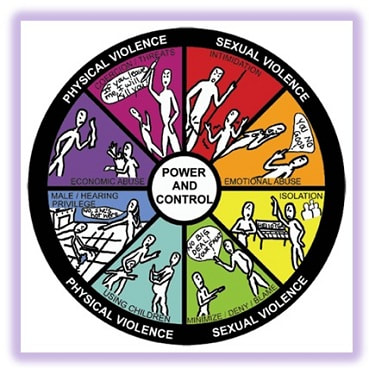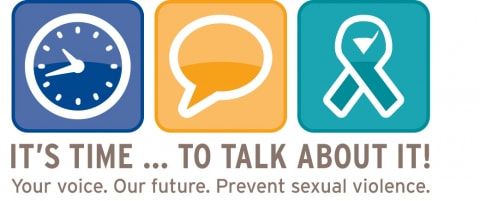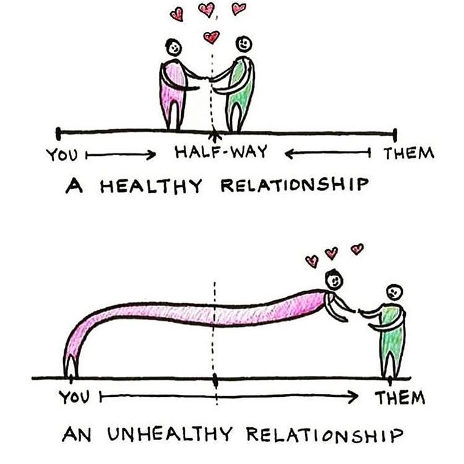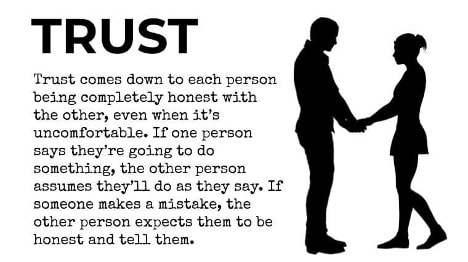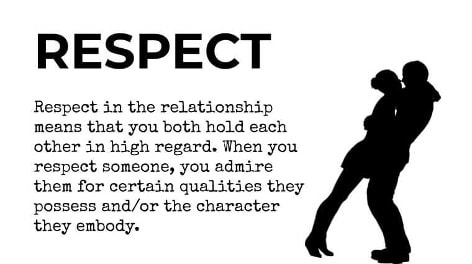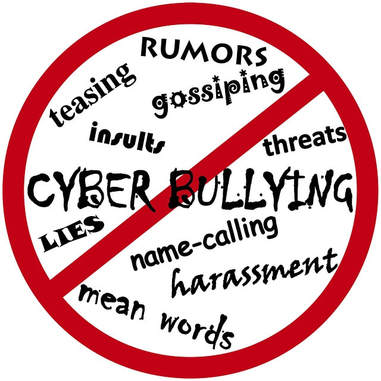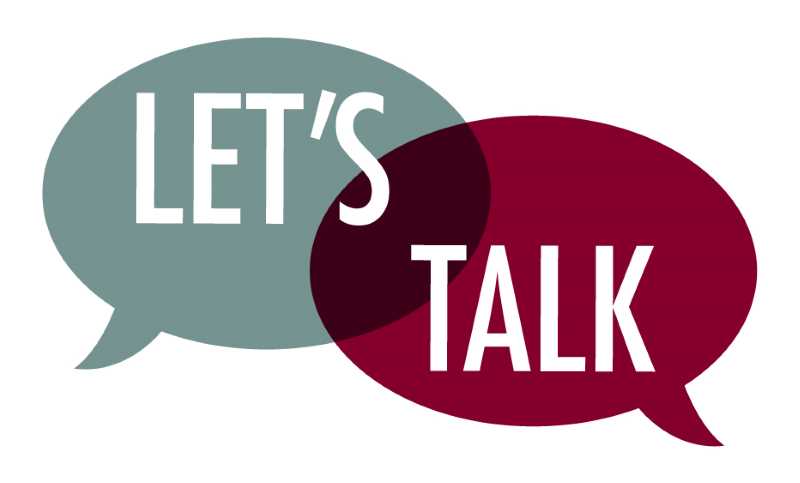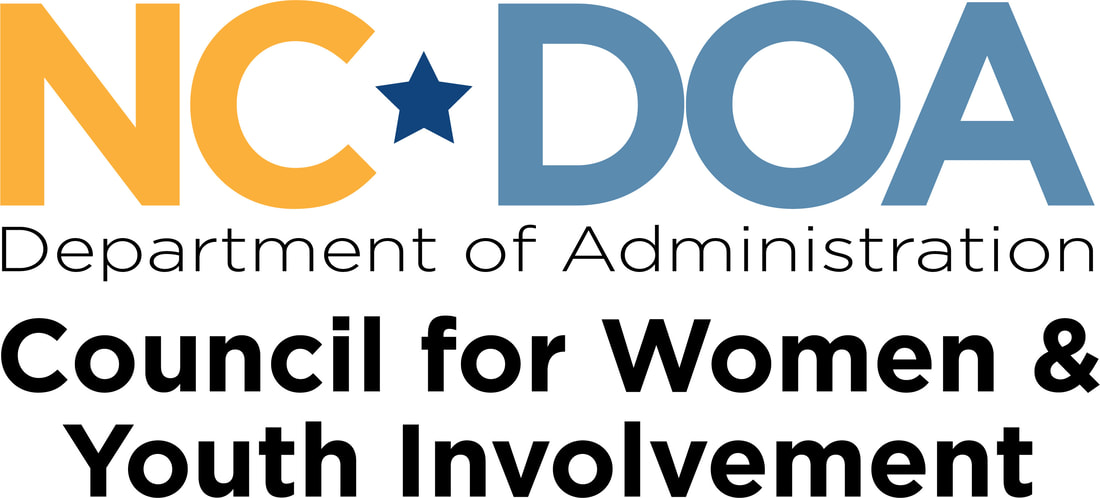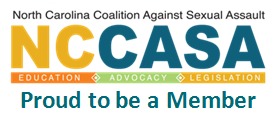Youth AdvocacyR.E.A.C.H. provides a youth advocate who acts in the best interests of the youth we are working with. Free and confidential services offered range from assisting youth victims of violence in court proceedings; counseling and referrals; youth victim’s rights information; peer support groups; safety planning; teen dating violence intervention and community outreach programs.
1,500,000 teens in the U.S. are effectedby teen dating violence. |
R.E.A.C.H. staff and volunteers have a legal and ethical duty to keep all information shared with them private and confidential. All matters discussed with R.E.A.C.H. will remain between you and the staff you talk with. No information you provide with R.E.A.C.H. will be shared without a signed release of information.
TEEN DATING VIOLENCE INFORMATION
Click the image below to read an overview of adolescent sexual development.
Have a hard time knowing how or what to say to your youth about healthy relationships or sexuality?
According to the National Sexual Violence Resource Center, "Many adults lack accurate information about what to expect as adolescents develop sexually. This can make it difficult to distinguish healthy from unhealthy behaviors. When adults understand the difference between the two, they are better able to support healthy attitudes and behaviors and create positive opportunities to learn from challenges. They also are equipped to intervene when there are concerns related to unhealthy behavior or sexual violence."--nsvrc.org
HOW TO TALK TO TEENS ABOUT DATING VIOLENCE
Click the link in the picture to look at some helpful tips to talk to your teen about teen dating violence
Click the link in the picture to look at some helpful tips to talk to your teen about teen dating violence
IS YOUR RELATIONSHIP HEALTHY?
Answer these questions to see if your relationship may be unhealthy!
Ask yourself: Does my boyfriend or girlfriend...
Ask yourself: Does my boyfriend or girlfriend...
- Call me frequently to find out where I am, who I’m with, or what I’m doing?
- Call me names, insult me, or criticize me?
- Act jealous, possessive, controlling, or bossy?
- Threaten to hurt themselves if I don’t do what they want?
- Refuse to allow me normal contact with my family and friends?
- Shove, punch, slap, pinch, kick, or hit me? Pull my hair? Choke or strangle me?
- Get ANGRY very quickly, or fight a lot?
- Touch or kiss me when I don’t want to? Force me to have sex? Not let me use birth control?
- Use alcohol or drugs and pressure me to do it too?
- Refuses to accept that the relationship isn’t working or is over?
- Follow me or track where I go? Show up repeatedly at my home or work uninvited? Check up on me all the time?
*If you answered yes to any of these questions, speak to one of our trained advocates 24/7 for more information. (828) 369-5544 Or (828) 586-8969
A healthy relationship is built on TRUST and RESPECT.
Do you have someone close to you that may be experiencing dating violence? Check out this link in the picture below for some ways you can help.
Let's talk about it. Sometimes it can feel hard to talk about sexual assault, but it doesn't have to be. For tips on how to have these conversations, check out RAINN's comics on consent, safe dating tips for teens, talking with young children about sexual assault, and talking with college students about staying safe on campus. Click the picture below to go to RAINN's site with helpful tips in comic form.
